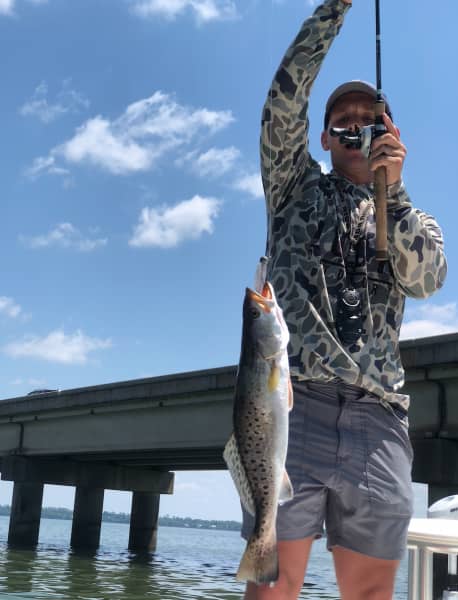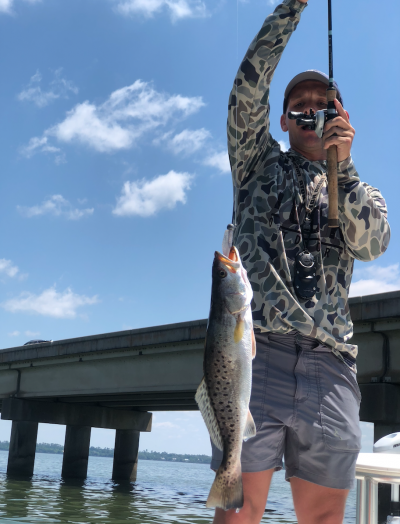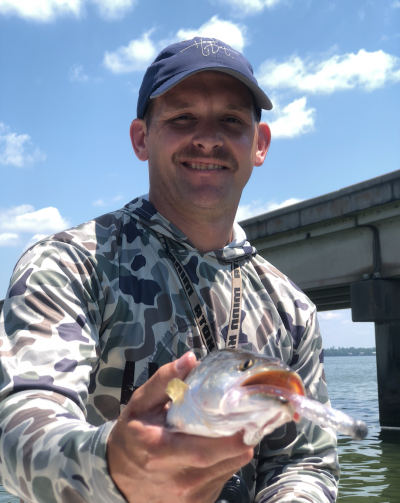Keith Lusher 03.03.23

Baton Rouge, Louisiana – In a major victory for the state’s recreational fishing industry, the Louisiana Senate has rejected a proposed regulation by the Wildlife and Fisheries Commission (WLF) that would have limited the number of speckled trout that could be caught in state waters from 25 to 15 and increased the size limit from 12 inches to 13.5 inches.

The proposed regulation, which aimed to reduce the catch of speckled trout in response to declining population levels, was met with fierce opposition from recreational fishing groups and industry leaders, who argued that it would harm the state’s fishing industry and economy. The WLF had argued that the regulations were necessary to conserve and protect the speckled trout population, which plays an important role in the state’s ecosystem.
Despite these arguments, the Louisiana Senate voted overwhelmingly to reject the proposed regulation, citing concerns over its impact on the state’s economy and recreational fishing industry.
The decision to reject the proposed regulation was met with cheers and applause from fishing industry groups and recreational fishing enthusiasts, who celebrated the victory as a victory for their community. Many felt that the WLF had failed to consider the full impact of the regulation on the state’s economy and recreational fishing industry.

The rejection of the proposed regulation has sparked a larger debate about the balance between conservation and economic interests, and the role of government in regulating the state’s fishing industry. Despite the setback, the WLF has indicated that it will continue to work to find a solution that balances the need to protect the state’s wildlife and fisheries with the economic interests of the state.
In the meantime, the speckled trout population will continue to be managed under the current regulations, which allow for a daily limit of 25 per person state waters. Recreational fishing groups and industry leaders will be closely monitoring any future proposals by the WLF and working to ensure that the interests of the fishing community are protected.

